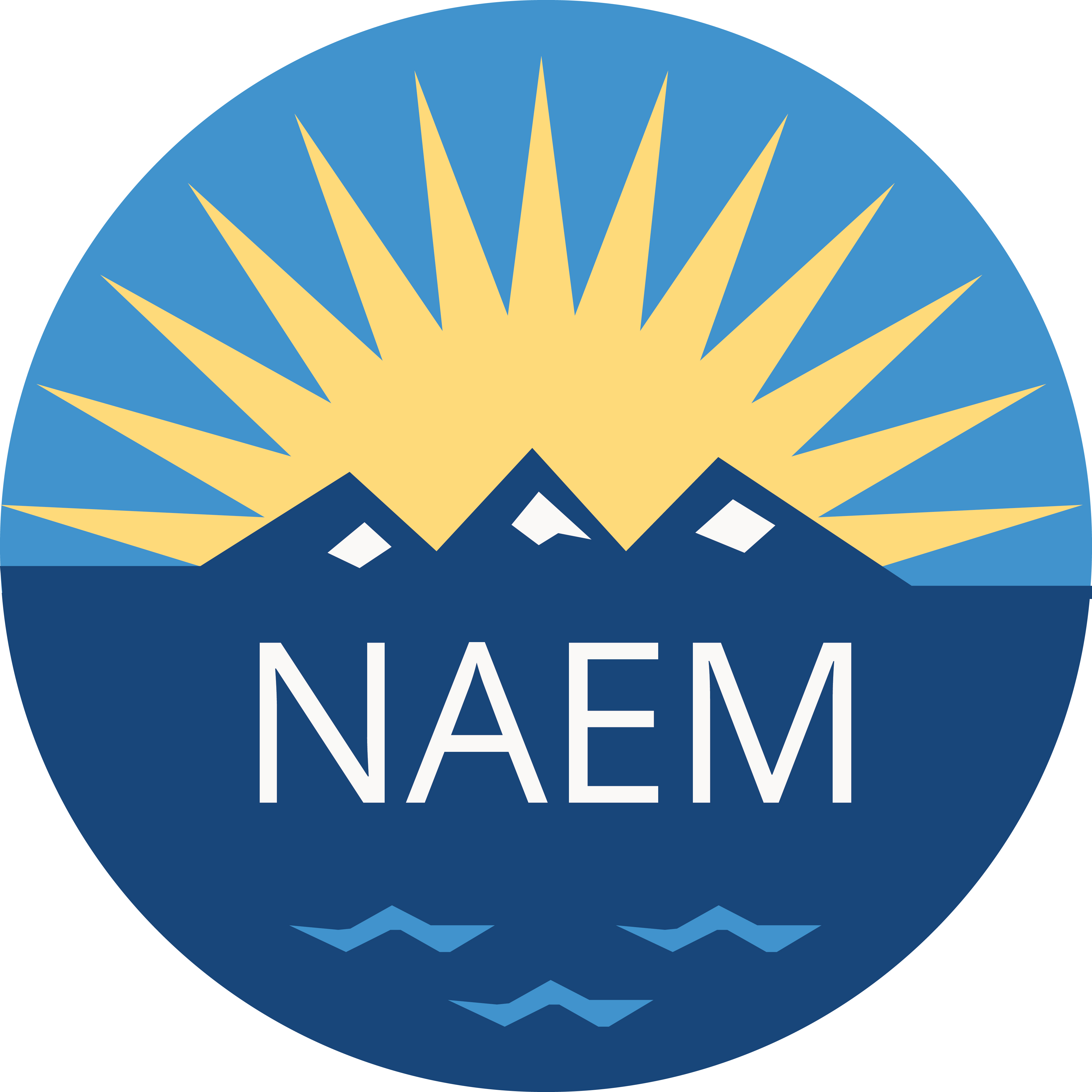Supply Chain Reporting is Really a Conversation

By Scott Kaufman
This article originally appeared on NAEM's Green Tie blog.
With all this talk about big data, supply chain optimization and artificial intelligence, it sometimes seems like we’re passing the torch to the machines once and for all.
But we humans still have a role to play, and it’s an important one: We decide what matters to us, which data we will data collect, and what meaning we will give that information. Data, in other words, tells a story; it has a value; and that value comes from us.
Whether it’s showing the world that you care about labor conditions, demonstrating that your public goals are sincere, or even just keeping a customer happy, data collection has a higher purpose. The right data with the right context, can drive significant business value.
One of our customers, for instance, sets their own internal sustainability metrics (e.g. water use, labor standards, pesticide exposure levels) and then uses the data they collect to teach their small, farmholder suppliers how to meet those targets. This is just one anecdote, but it’s a good reminder that data is about more than just numbers and software.
Of course, we can’t derive that value unless we actually have the information we need. And that information stream, again, begins with people. This, more than anything, is why collecting it is such a big challenge.
Let me give you an example. Many companies start their outgoing data requests with the question: “Are you the right person to ask about this?” Unfortunately, there are real impacts when a request starts out this way. Frequently, the answer is “no”, which initiates a long back-and-forth of trying to find out who is the right person. This takes time, which we all know is expensive.
Would you have imagined that there could be a such a basic (and early) breaking point in modern data collection processes?
Additionally, there are numerous highly specialized data collection requirements (e.g. chemicals compliance, such as TSCA, as well as REACH, Prop 65), that are so dependent on particular sub-disciplines that it takes many different respondents to complete them.
No matter the challenges inherent in the process, there are several steps you can take to improve communications with your suppliers. And yes, some of these do take time, but – done right – it is an investment that should greatly improve your data processes and (more importantly) your relationships with those suppliers.
Here are a few suggestions we have found to be effective:
- Take the time to pick up the phone and find out who is on the other end: Think about how it feels to receive anonymous emails requesting information versus a personal call from someone you know. It’s the difference between getting a message that “Someone called for you” and one that says, “Dave called to see if you needed some help with numbers.”
- Remember that you are communicating with people: Try to make a personal connection with each communication. While this can be difficult in the context of hundreds or even thousands of requests, even a little bit of this makes the rest of the process much easier.
- Explain your purpose: What will you use the data for? How will it help suppliers? How does it help you? Try to convey the importance of attaining these goals by putting the data collection in the context of a larger story in which the suppliers are partners in the process; an ally in a shared journey is much better than an adversary doing forced labor. The more the supplier understands the bigger picture – and the more they understand how it affects and hopefully helps them – the more likely they will be to cooperate.
- Set appropriate expectations: Set clear goals– with timelines, if possible – and communicate these to your suppliers from the very first interaction. Track progress against these goals and periodically update your suppliers on their status.
Above all else, try to humanize the process. Data is often cold and unfriendly, and data systems tend to be as well. With the right approach, however, we can turn this old paradigm around on itself, and make the act of sharing data more welcoming for all of us.
For more tips on optimizing your supply chain reporting practices, join Scott Kaufman next week at NAEM’s EHS & Sustainability Software and Data Management Conference in Houston. For more information or to register, visit http://ehsmis.naem.org/index.php.
Scott Kaufman is the Co-founder of PeerAspect. Prior to founding the company, he was the U.S. Head of Advisory Services at the Carbon Trust, where he helped to lead supply chain carbon strategy and reduction work with manufacturers and retailers. He holds a Ph.D. in Environmental Engineering from Columbia University.

